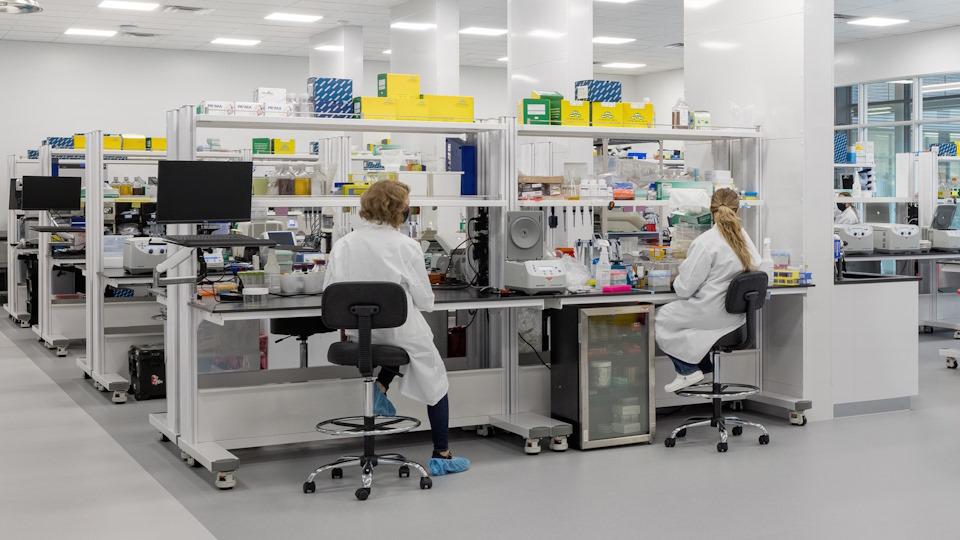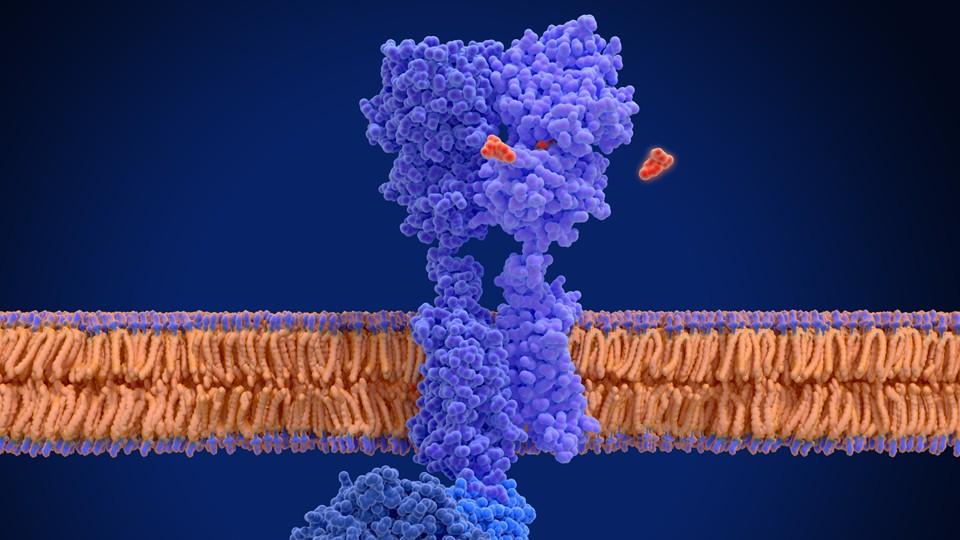AstraZeneca links with Absci on AI for biologics discovery

AstraZeneca has agreed a deal worth up to $247 million with US generative artificial intelligence (GenAI) company Absci that will focus on the discovery of a new antibody-based drug for cancer.
Details of the collaboration first reported by the Financial Times remain sketchy at present, but will draw on Absci’s technology to create an improved antibody therapy for an undisclosed cancer target. The deal includes an upfront fee payable to Absci, R&D funding and milestone payments, and royalties on any product sales.
The GenAI-powered platform will focus on the design of antibodies that have improved properties, such as target affinity, safety, and ease of manufacture.
In October, Absci said it had become the first group to create and validate new antibodies with “zero-shot” GenAI – a method that involves designing antibodies to bind to specific targets without using any training data of antibodies known to bind those specific targets.
Absci’s Drug Creation platform relies on proprietary wet-lab assays generating billions of protein-protein interaction data points that are used to train machine learning (ML) models that can be deployed to create novel designs for antibodies and other biologic drugs.
The designs go back into the wet lab to validate their properties, a process that the company says can take just a few weeks, and the results also feed back into the AI to continue to train the ML algorithms.
The company maintains that the ability to create de novo therapeutic antibodies in silico could potentially reduce the time it takes to get new drug leads into the clinic from as much as six years down to just 18-24 months, while also increasing their probability of success in the clinic.
AZ joins a growing roster of pharma partners for Absci, and the deal comes just a few weeks after the Vancouver, Washington-based company formed a $650 million partnership with Spanish drugmaker Almirall, focused on dermatological diseases.
Absci’s in-house pipeline is focusing on cytokine biology, with four candidates selected for preclinical development with a view to starting clinical trials from 2025 onwards. The lead candidate is ABS-101, which the company says has the potential to be a “best-in-class” TL1A antagonist, and it expects to have 10 programmes in development based on its partnership pipeline.
The partnership also comes amid a flurry of other news about the application of GenAI techniques to the discovery and development of large-molecule therapies, including wide-ranging alliances between Boehringer Ingelheim and IBM, and Roche/Genentech and NVIDIA.
AI and deep learning have already transformed several aspects of small-molecule drug design, but the application of the technologies to biologics remains in its infancy. Last year saw a stride forwards, for example, when the first-ever computationally designed antibody created by Biolojic Design entered a clinical trial.












